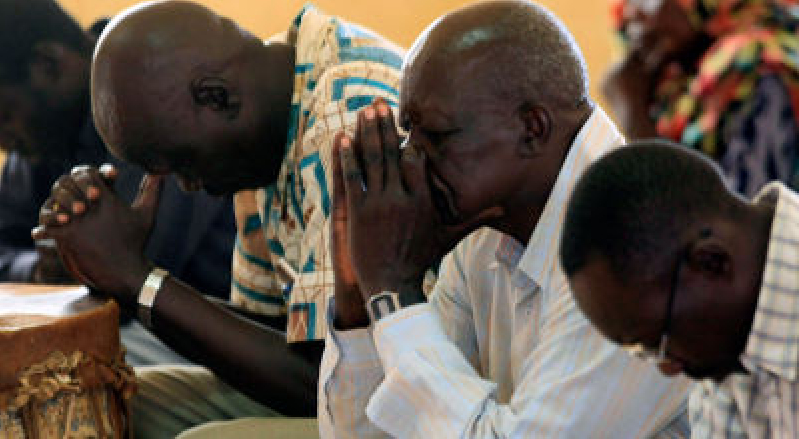
Christians in Sudan are afraid to attend church services following the imprisonment of Meriam Ibrahim for apostasy.
According to activists, their fears are not unfounded, CNN reports.
Following the secession of the majority Christian South in 2011, Sudanese President Omar al-Bashir announced this new Sudan would be Arab and Islamic in identity, and no licenses would be granted to allow the building of Christian churches.
Nabeel Adeeb, a prominent Sudanese human rights lawyer and proclaimed Christian says there is little tolerance for Christians in Sudan despite laws promoting religious tolerance.
"If you look at the laws of the country," he tells us, "the laws favor Muslims."
"Number one, the crime of apostasy, which is creating a wall around Islam that nobody is allowed to leave."
Adeeb says professing Christianity is frowned upon, if not dangerous in Sudan.
"In the war of propaganda between the two religions, Christianity will stand no chance. All the media is used to promote Islamic beliefs and to speak about Islam as the only religion and to insult other beliefs, especially Christianity which is normally referred to as being an infidel."
Last year, Adeeb says he documented around 200 cases of Christian foreigners deported for the crime of "evangelizing."
"It was almost en masse," he says. "They confiscated bibles and searched Christian centers. Deported them without instigating any legal procedures."
Since South Sudan gained independence, problems between Khartoum and the mostly Christian regions bordering the new state have heightened, as Christians are increasingly fearful they will be convicted of apostasy, a crime which receives the death penalty under Sharia law.
Although Ibrahim is a Christian, she was sentenced to death by hanging for refusing to renounce her faith. Ibrahim is married to a Christian U.S. citizen, yet is considered Muslim due to the faith of her estranged father.
Currently, she is held prisoner in Sudan along with her 20-month-old son since January and newborn daughter. If her appeal against the sentence is unsuccessful, Ibrahim will be executed when her daughter turns two years old.
"The church is now contaminated with terror. You don't feel safe in prayer," the unidentified Christian told CNN.
To sign the petition to stop the execution of Miriam Ibrahim, visit the Amnesty International website.






